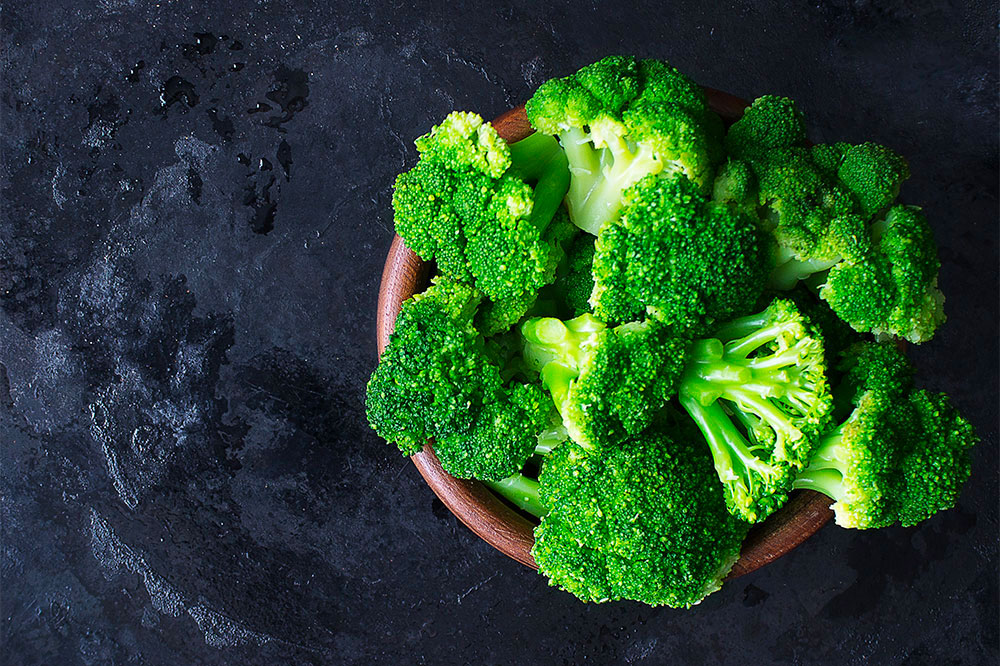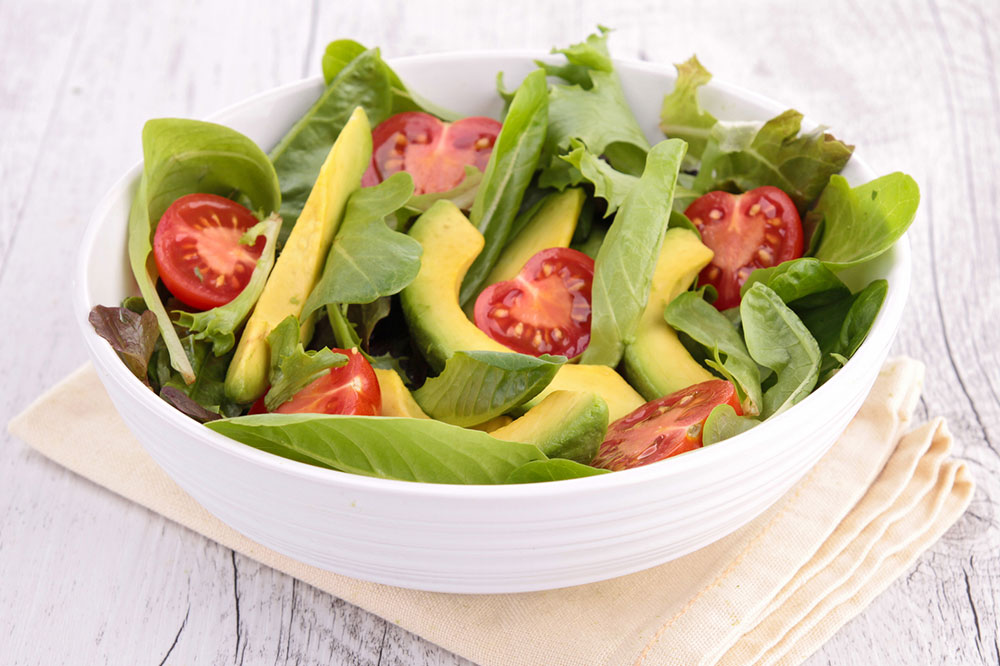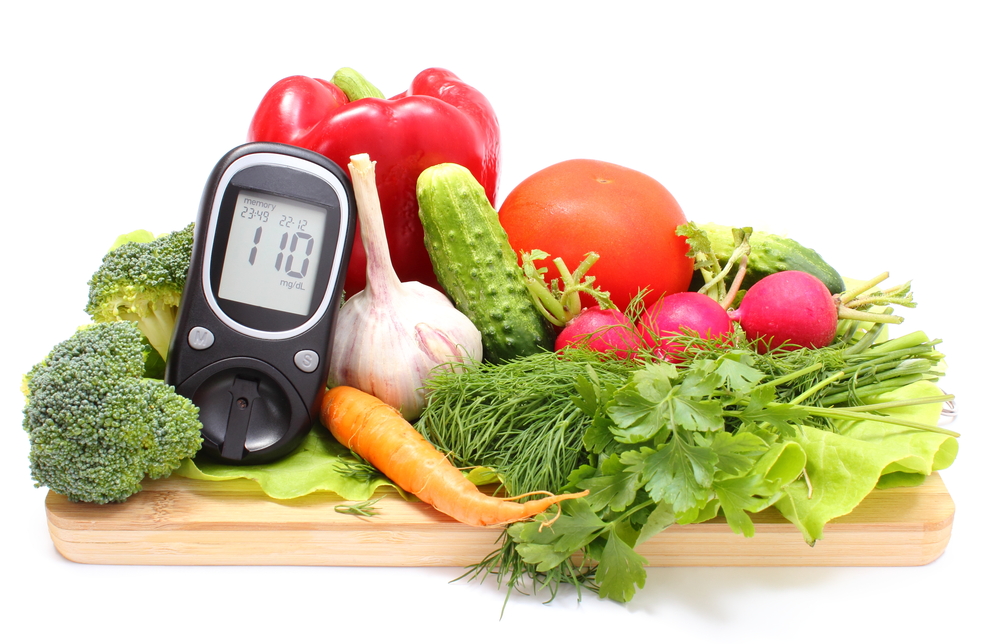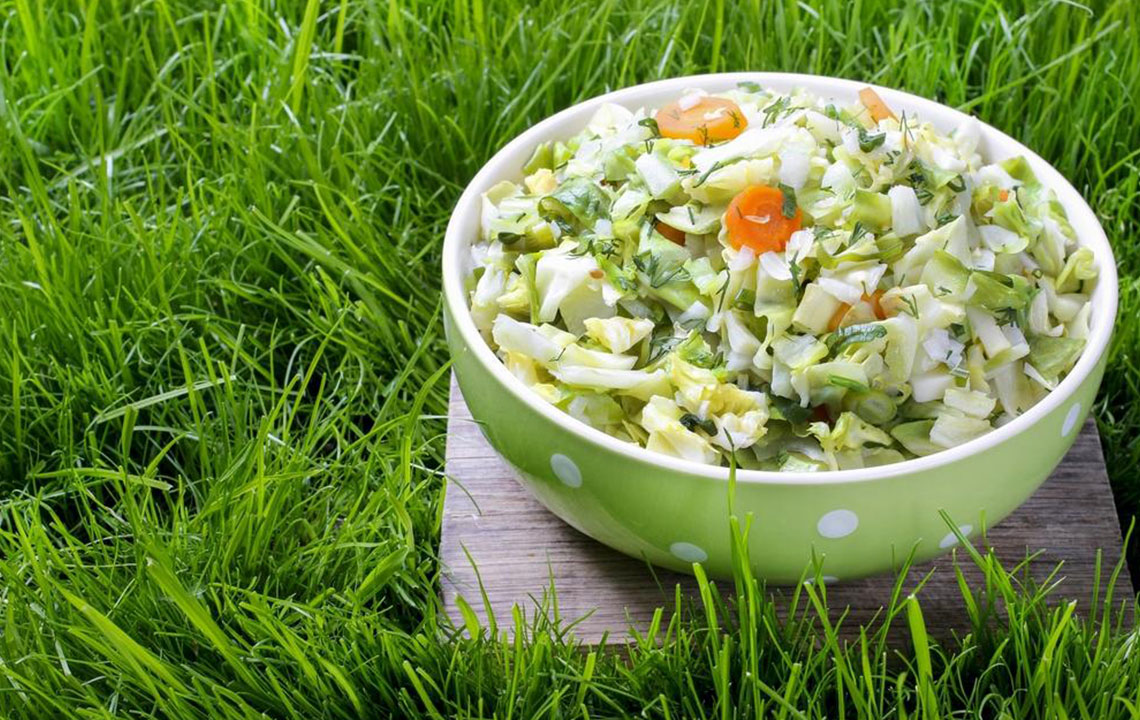Top 9 Nutritional Strategies for Managing Lupus Symptoms
Learn about the top foods that can help manage lupus symptoms and reduce inflammation. This guide highlights beneficial dietary choices like leafy greens, omega-3-rich fish, and whole grains, while advising on foods to limit such as processed foods, red meats, and sugary beverages. A balanced approach to nutrition supports overall health, boosts immunity, and alleviates flare-ups, helping individuals with lupus maintain a better quality of life through mindful eating habits.

Lupus is a chronic autoimmune disease where the immune system mistakenly attacks healthy tissues, leading to inflammation across multiple organs. Common symptoms include joint pain, skin rashes, fatigue, and kidney problems. Although there’s no cure, diet and lifestyle adjustments can help control symptoms and improve quality of life. Certain foods can either worsen or alleviate lupus symptoms. Proper nutritional choices are crucial in managing this condition effectively.
Understanding Lupus
Lupus involves an overactive immune response that attacks the body's own tissues, causing systemic inflammation and tissue damage. Managing this condition involves careful attention to diet, which can help reduce flare-ups and support overall health.
Maintaining a balanced diet with specific foods can help mitigate lupus symptoms and protect organ health. Incorporating anti-inflammatory foods, rich in antioxidants, vitamins, and healthy fats, is especially beneficial for those with lupus. Conversely, avoiding trigger foods that exacerbate inflammation is essential for symptom control.
Recommended Foods for Lupus Patients
Incorporate these foods into your diet to support overall health and reduce inflammation:
Leafy greens
Spinach, kale, collard greens, broccoli, cabbage, and arugula are packed with antioxidants and essential nutrients like vitamins A, C, K, calcium, and iron, which help lower inflammation and strengthen bones.
Whole grains
Choose quinoa, brown rice, oats, and whole wheat products. They provide fiber, complex carbs, and vital nutrients that sustain energy, promote digestion, and support cardiovascular health—important for lupus management.
Olive oil
Use extra virgin olive oil for cooking or dressings. Rich in monounsaturated fats and polyphenols, it exhibits anti-inflammatory properties and reduces oxidative stress.
Healthy fats: avocados and olives
These contain monounsaturated fats and omega-3 fatty acids, offering anti-inflammatory benefits and cardiovascular support. Avocados also provide potassium and vitamins enhancing immune health.
Oily fish
Incorporate salmon, mackerel, sardines, and trout into your diet. They are high in omega-3s and vitamin D, which combat inflammation and support bone strength.
Fruits
Berries, citrus fruits, apples, and bananas are rich in antioxidants, vitamins, and fiber, aiding immunity, skin health, and inflammation reduction.
Nuts and seeds
Almonds, walnuts, flaxseeds, and pistachios supply healthy fats, omega-3s, protein, and vitamins — offering sustained energy and heart health benefits.
Legumes and beans
Black beans, lentils, and kidney beans provide plant-based protein, fiber, and antioxidants, supporting stable blood sugar levels and reducing inflammation.
Calcium-rich foods
To maintain bone health, include fortified plant milks, mushrooms, tofu, beans, yogurt, and leafy greens. For those lactose intolerant, plant-based options are recommended.
Foods to Limit or Avoid
Certain foods may trigger lupus symptoms or increase inflammation. It’s advisable to minimize or avoid these:
Alfalfa sprouts
Contain L-canavanine, which can stimulate immune activity and worsen inflammation.
Garlic
Although beneficial for immune health, garlic can activate white blood cells and potentially exacerbate autoimmune activity in lupus.
Red meat
High in saturated fat, red meat can promote inflammation and increase heart disease risk—a major concern for lupus patients.
High sodium foods
Processed meats, canned soups, soy sauce, and condiments can cause fluid retention and elevate blood pressure, worsening symptoms.
Processed and fast foods
Contain trans fats, preservatives, and artificial additives that can trigger inflammation and flare-ups.
Sugary beverages
Soda, sweetened fruit drinks, and energy drinks spike blood sugar and promote inflammation, best replaced with water or herbal teas.
Refined carbs: white bread and white rice
Have high glycemic index, causing blood sugar surges and inflammation.
Individualized dietary plans and consultation with healthcare professionals are key. Making informed decisions about food can significantly contribute to managing lupus symptoms effectively and improving overall health.
Disclaimer:
The information provided is for educational purposes only and should not replace professional medical advice. Always consult with a healthcare provider for personalized treatment and dietary guidance.










